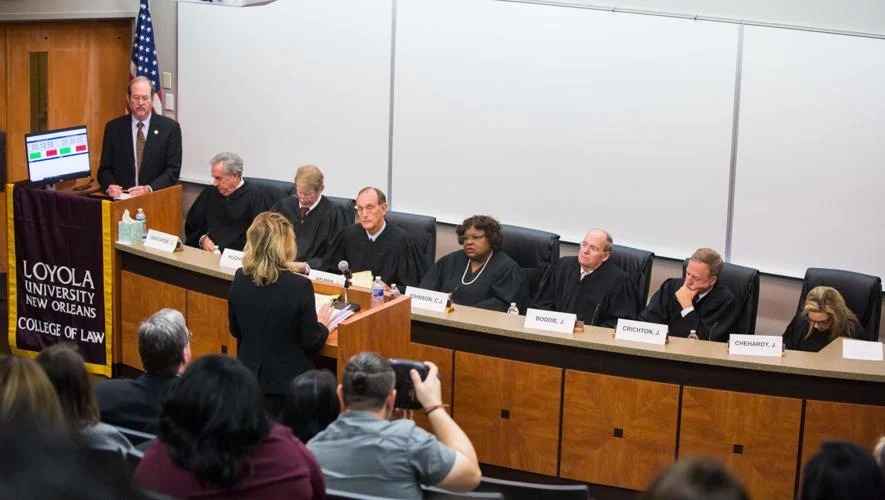Voters often unaware
Misbehaving judges may receive letters of caution, admonishments or other warnings, but they are buried in secret Judiciary Commission files, where litigants in their courtroom and the voting public will never see them.
Disciplining Louisiana judges is a lot like “Fight Club.” The first rule: You don’t talk about it.
For the system to run as the state Supreme Court intended, everybody needs to keep quiet, preferably forever. At least that’s how the Judiciary Commission, which investigates allegations of judicial misconduct in the state, interprets it.
The commission is among the most secretive state bodies: It threatens to hold anyone who violates its confidentiality rules in contempt of court.
Its rules demanding secrecy are stricter and more sweeping than those for misconduct investigations into Louisiana lawyers, or for ethics probes into legislators and state and local government officials.
The rules say a complaint against a judge, any evidence supporting it and the commission’s proceedings — including their existence — must stay secret unless the Judiciary Commission recommends public discipline to the state Supreme Court. And that’s a remarkably rare occurrence.

Less than 1 percent of total complaints to the Judiciary Commission reached the threshold to become public.
In 34 other states — among them Alabama, Arkansas, Georgia, Tennessee and Texas — misconduct proceedings against judges become public when a judge is charged, responds to a charge, or when a fact-finding hearing begins.
But when the Louisiana Legislature considered a bill a few months ago to increase transparency here, Judiciary Commission officials defended their system and its protections for judges.

